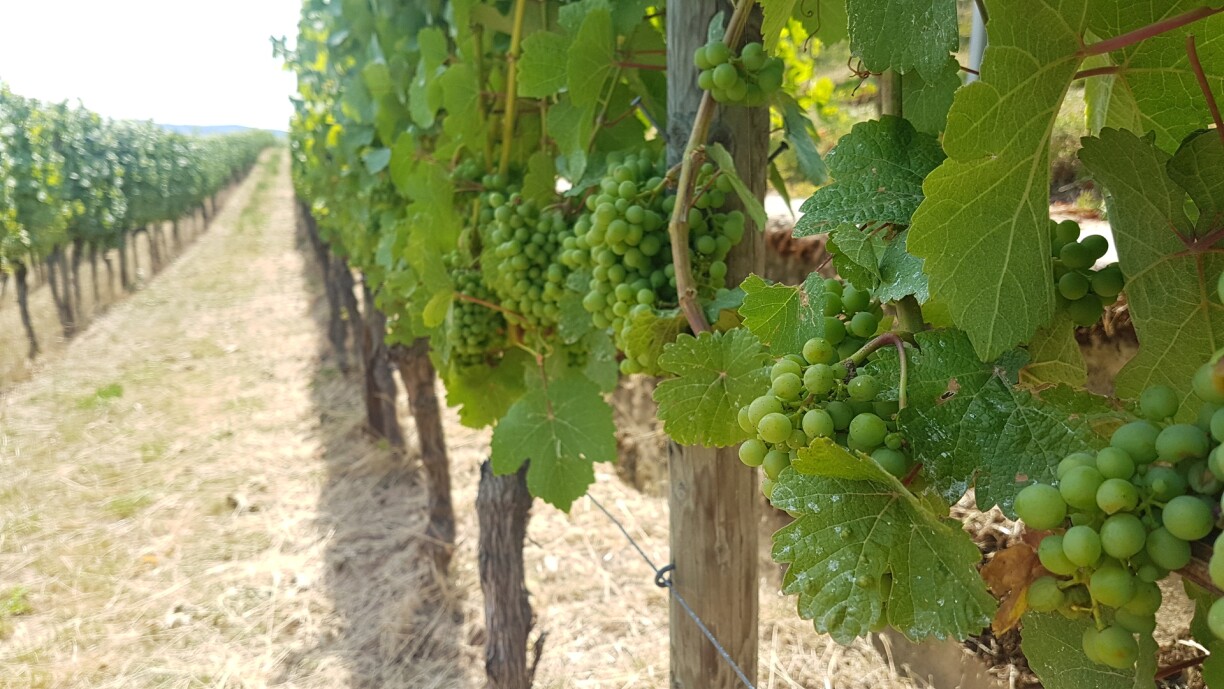
A recent survey conducted by the Wine Institute (IVV) found that six out of ten wine estates led by owners over the age of 50 have no identified successor. The survey, which covered 172 businesses, also revealed that 54 of them plan to shut down within the next five to seven years.
This poses an additional challenge: when wineries close, the vineyards are left untended. Currently, around 25 hectares are already lying fallow, and this figure could rise to 100 hectares in the coming years.
Agriculture, Food, and Viticulture Minister Martine Hansen warned that this situation is more than just unsightly – it presents a serious risk to the surrounding land. She explained that abandoned vineyards can become breeding grounds for disease, which can then spread to neighbouring plots. In such cases, neighbouring winegrowers are forced to increase their use of plant protection products – something the government hopes to avoid.
To tackle the problem, a new exchange platform will be set up. This will allow vineyard owners who no longer wish to maintain their plots to register them, making it easier for other winegrowers to take them over. In parallel, a financial incentive will be introduced to encourage owners to keep their land in good condition.
Hansen described it as a “sanitary premium” – a temporary measure available for up to two years – to help prevent the spread of vine diseases.
In addition, changes to legislation will require vineyard owners to ensure their land is not a source of contamination for nearby vineyards. This legal framework will compel them to take responsibility for disease prevention on their property.
Jeff Konsbrück, president of the Winegrowers’ Solidarity Fund and vice-president of the Private Winegrowers Association, welcomed the move, especially the support being offered to help producers with marketing. He noted that this was an essential step, not just symbolic.
He pointed out that once the reform of the solidarity fund is complete, efforts can begin in earnest to increase the consumption of Luxembourgish wine, which currently stands at 9 litres per person out of 40 litres consumed overall. He expressed hope that more people would come to recognise and enjoy the quality of local wines.
As global wine consumption continues to decline, many producers are turning to low- or non-alcoholic alternatives. Finance Minister Gilles Roth stated that the government aims to support this shift through tax measures. Otherwise, such products could become too expensive for consumers, according to Roth.
He stressed the need for legal clarity to distinguish between non-alcoholic wine blends and highly taxed drinks like alcopops. Without this, there is a risk that non-traditional wines could fall under excessive excise duties, according to Roth.
To help younger generations take over or start their own winegrowing businesses, the government is working with representatives from the wine, farming, and horticulture sectors on an action plan. The plan is expected by the end of the year.
One confirmed measure is the creation of a kind of one-stop-shop where future winegrowers can access guidance and support related to business takeovers or start-ups.